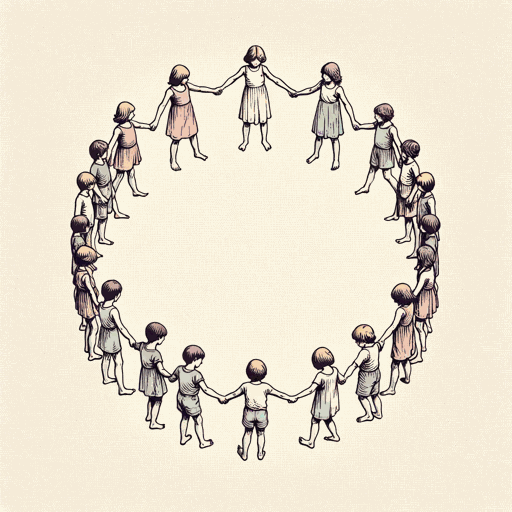35 pages • 1 hour read
Margaret AtwoodSiren Song
Fiction | Poem | Adult | Published in 1974A modern alternative to SparkNotes and CliffsNotes, SuperSummary offers high-quality Study Guides with detailed chapter summaries and analysis of major themes, characters, and more. For select classroom titles, we also provide Teaching Guides with discussion and quiz questions to prompt student engagement.
Background
Socio-Historical Context
In August of 1960, the Canadian House of Commons unanimously passed the “Act for the Recognition and Protection of Human Rights and Fundamental Freedoms”—a bill of rights guaranteeing freedoms regardless of race, national or regional origin, color, religion, or sex. In 1974, the year Margaret Atwood’s collection, You Are Happy, and the poem “Siren Song” were published, the Canadian Supreme Court drew controversy for a case ruling which many considered to be in opposition to this bill. The ruling held that a Native Canadian woman who married a white man would lose her Native Canadian status, but a Native Canadian man who married a white woman not only maintained his Native status, his wife would also be considered Native Canadian. Greater public and political attention on the lack of civil rights—particularly for people of color and women—eventually led to more comprehensive protections via the Charter of Rights and Freedoms in 1982.
Throughout the 1970s, increased tensions between French-speaking Canadians (who made up about 25% of the population) and Anglophones caused considerable unrest. In 1971, French was declared the official language of Quebec, easing some of the intensity of cultural separatism. Difficulties between the federal government of Canada and Quebec arose again with the development of the James Bay Project by Hydro-Quebec.
Related Titles
By Margaret Atwood

Alias Grace
Margaret Atwood

Backdrop Addresses Cowboy
Margaret Atwood

Cat's Eye
Margaret Atwood

Death By Landscape
Margaret Atwood

Hag-Seed: William Shakespeare's The Tempest Retold
Margaret Atwood

Happy Endings
Margaret Atwood

Helen of Troy Does Countertop Dancing
Margaret Atwood

Lady Oracle
Margaret Atwood

Life Before Man
Margaret Atwood

MaddAddam
Margaret Atwood

Oryx and Crake
Margaret Atwood

Rape Fantasies
Margaret Atwood

Stone Mattress
Margaret Atwood

Surfacing
Margaret Atwood

The Blind Assassin
Margaret Atwood

The Circle Game
Margaret Atwood

The Edible Woman
Margaret Atwood

The Handmaid's Tale
Margaret Atwood

The Heart Goes Last
Margaret Atwood

The Landlady
Margaret Atwood

